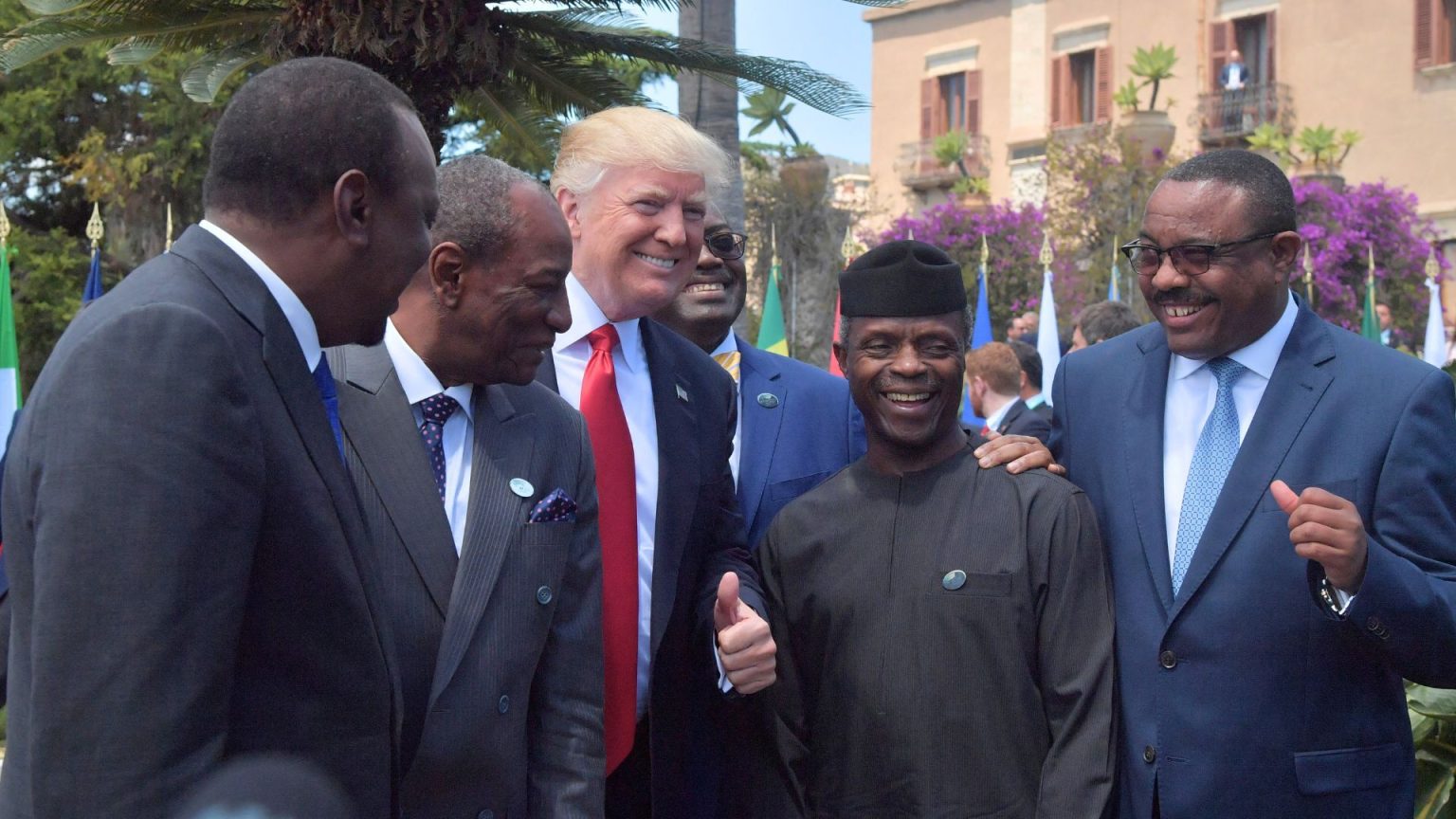In recent years, Africa has not been a top diplomatic priority for the United States, resulting in a loss of influence for Washington on the continent. With President Donald Trump’s re-election, there are concerns about how his administration will handle issues such as trade, investment, aid, sanctions, and wars in Africa. This comes at a time when China and Russia are making significant inroads in the region, posing a challenge to US interests. The question now is how a second term for Trump will impact Africa, particularly considering his “transactional” approach to foreign relations.
Cameron Hudson, a senior fellow at the Center for Strategic and International Studies, acknowledges that Africa has not been a key focus for the Trump administration, and this trend is likely to continue if Trump is re-elected. He points out that the US has lost ground to China and Russia in terms of influence and economic ties with African countries. Solomon Dersso, the founding director of Amani Africa, echoes these concerns, highlighting the need for the US to re-engage with Africa and strengthen its partnerships on the continent. He emphasizes the importance of addressing issues such as trade, investment, and security in order to maintain US influence in Africa.
Ebenezer Obadare, a senior fellow at the Council on Foreign Relations, notes that Trump’s “America First” approach to foreign policy may further marginalize Africa, as the continent is not a top priority for the administration. He raises concerns about the potential impact of Trump’s transactional style of diplomacy on African leaders, who may seek to exploit US interests for their own benefit. Obadare emphasizes the need for a more strategic and consistent approach to US-Africa relations in order to effectively address the complex challenges facing the region.
Despite the challenges posed by Trump’s re-election, there is still hope for a more constructive US engagement with Africa. The guests on the show emphasize the importance of building partnerships based on mutual interests and values, rather than purely transactional relationships. They also stress the need for the US to work with African countries to address common challenges such as security threats, economic development, and governance issues. By re-engaging with Africa in a meaningful way, the US can strengthen its influence and partnership with the continent in the long term.
In conclusion, the upcoming second term of President Donald Trump poses significant challenges for US-Africa relations, as the continent has not been a top priority for the administration in recent years. However, there is still an opportunity for the US to re-engage with Africa and strengthen its partnerships in order to address key issues such as trade, investment, aid, sanctions, and war. By adopting a more strategic and consistent approach to diplomacy, the US can effectively navigate the complex challenges facing the region and maintain its influence in Africa. It remains to be seen how Trump’s transactional style of diplomacy will play out with African leaders, but there is hope for a more constructive engagement that benefits both sides in the long run.


